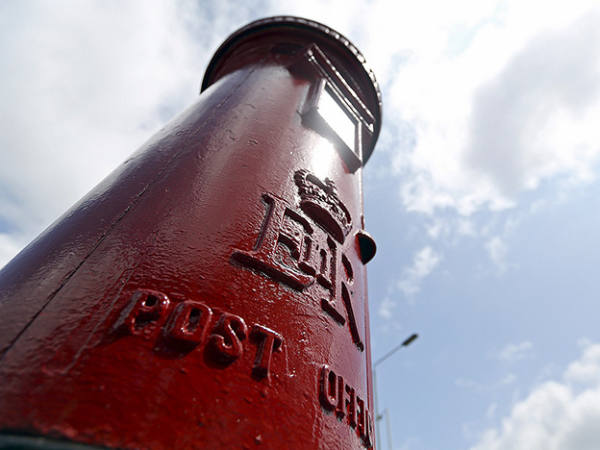Against this backdrop, it's no surprise that total government borrowing (which has already hit £2 trillion and is greater than 100 per cent of GDP) this year is expected to top £300bn.
Once upon a time, such towering debts would have been considered dangerous and their owners reckless. The cost of servicing high borrowing would be crippling; taxes would have to be raised and spending cut, stymying growth and causing tax receipts to fall. The World Bank declared that when a nation’s debt reached 77 per cent of GDP, its economic growth would inevitably start reversing. Now, however, because they are easily affordable, debt mountains are no longer feared – not even when they exceed 100 per cent of GDP – as long as interest rates can be kept ultra-low, economic growth is greater than the rate of interest, and the government can print its own money. The highly indebted US and Japan bear testament to this.
Yet even dirt cheap borrowing will eventually a millstone, and Rishi Sunak’s reluctance to overspend on the second stage of support for businesses and jobs among other things indicate that he is wary of running up too much more debt, and would prefer to reduce it. And he is under pressure from party members who do not like high debt and where it might lead.
But the chancellor faces real difficulty. The Institute for Fiscal Studies (IFS) estimates that on top of everything else day-to-day government spending has shot up by more than £70bn (an increase of 20 per cent on planned expenditure) this year, largely on controlling the spread of coronavirus and treating those who became ill. These costs will continue for some time.
And, says the IFS, if the government wishes to keep its promise of ending austerity and investing in big projects, income tax rates may have to rise sharply (by 7p) to cover these new bills.
The IFS believes that many countries simply do not tax enough and points out that targeting the biggest revenue generators – income tax, social security contributions and VAT – with even small rises would raise large sums because of their broad base. Adding one percentage point to all income tax rates, National Insurance rates and VAT in the UK would raise around £19bn, while sticking VAT on a much wider range of goods (eg, food, passenger transport, water bills, books) and services could bring in around £50bn.
Putting up taxes might appeal more than hacking away at spending, but when an economy is on its knees, it would be unwise to drain it of even more money. There is a strong case for leaving taxes and borrowings as they are and focusing all efforts on getting the economy back to health. And if the growth rate of GDP exceeds the interest rate over time then the debt-GDP ratio will fall, even with large deficits. The economy is the priority. Everything else can wait.










